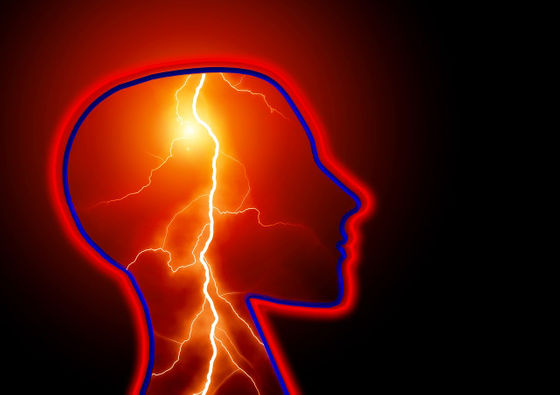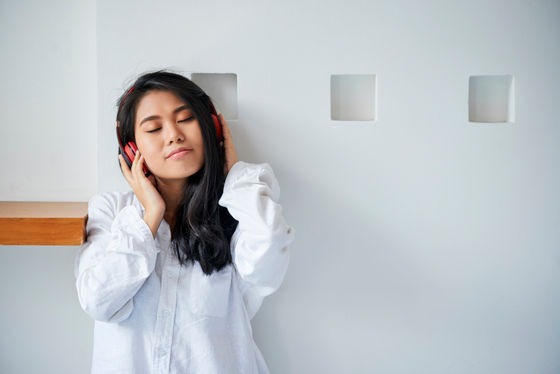Research results that seizures of epilepsy decrease when listening to Mozart every day

Experiments with epilepsy patients listening to Mozart 's songs daily revealed that 'Mozart songs may reduce epileptic seizures.' This finding is expected to lead to treatments that can improve epilepsy symptoms and improve the quality of life for patients.
Daily listening to Mozart reduces seizures in individuals with epilepsy: A randomized control study-Rafiee-2020-Epilepsia Open-Wiley Online Library
https://onlinelibrary.wiley.com/doi/full/10.1002/epi4.12400
Mozart may reduce seizure frequency in people with epilepsy-ScienceDaily
https://www.sciencedaily.com/releases/2020/06/200610135018.htm
Epilepsy is a neurological disorder in which seizures such as cramps and limb bulges are caused by sudden electrical stimulation that occurs in nerve cells in the brain. It is estimated that there are 50 million patients worldwide and is considered the most common neurological disorder.

Previous studies have shown that there is a relationship between Mozart's songs and the frequency of seizures in epilepsy, but whether it is merely an auditory stimulus effect, or an effect of suppressing epileptic seizures in Mozart's songs I wasn't sure if there was.
Therefore, a research team of Marjan Rafiee, a researcher at the Crenville Brain Institute in Canada, conducted an experiment in which 13 patients with epilepsy aged 26 to 75 years old were allowed to listen to Mozart's songs.
The research team first divided the participants into two groups, and in the first group, the first 6 minutes and 30 seconds of Mozart's ' Sonatani D major 1st movement K.448 for two pianos '. After listening to it once a day for 3 months, I asked them to listen to the 'scrambled version' that edited the same song's phase and rhythm every day for 3 months. The second group, on the contrary, listened to the 'scrambled version' for three months and then the original song for three months.
The research team used the first movement of 'Sonata for two pianos' in the experiment because the length of this song was just right and the rhythm contained in this song was treated for epilepsy by past research. The reason is that it was shown to be useful for.

During the experiment, each participant was asked to create a diary that records the frequency of seizures. I also asked them not to change the antiepileptic drugs they were taking during the experiment so that the therapeutic drugs would not affect the experiment.
As a result of this experiment, the participants who were listening to the original song of 'Sonata for two pianos' had apparently less seizure frequency. Also, this effect was not seen by the participants while listening to the 'scrambled version' of the song.
From this, Rafiee said, 'Every day listening to the first movement of Sonata for Two Pianos was associated with a reduction in seizure frequency in epilepsy patients. Listening to Mozart every day suggests that it deserves consideration as an adjunct treatment option to reduce seizures in patients with epilepsy.'
'As a surgeon, I'm glad to see patients with epilepsy whose symptoms have improved with surgery, but I'm also familiar with patients who don't or can't have surgery,' Rafiee said. We are always looking for ways to improve symptom control and improve the quality of life in patients with epilepsy. Like previous studies, this one raises many questions and will continue to be explored. With the help of the epilepsy community, I would like to find answers to my questions,' he said, motivated him to continue his research.
Related Posts:







